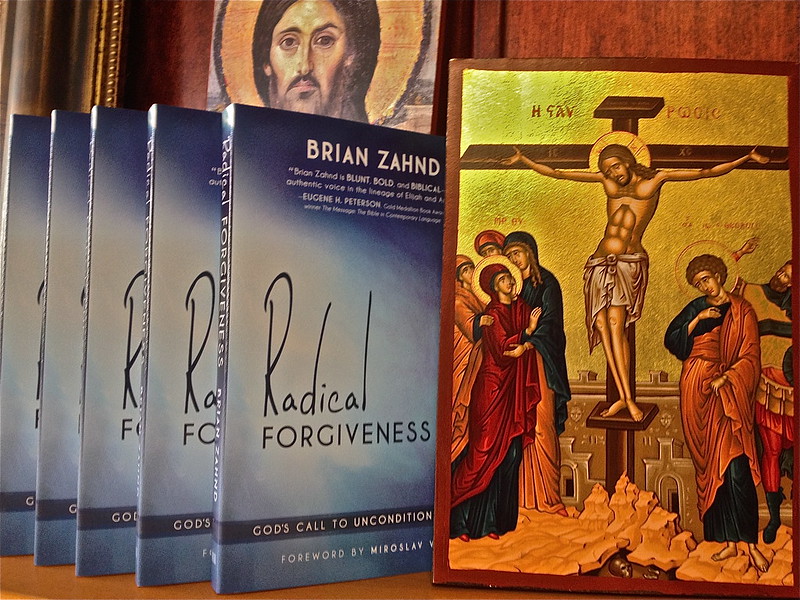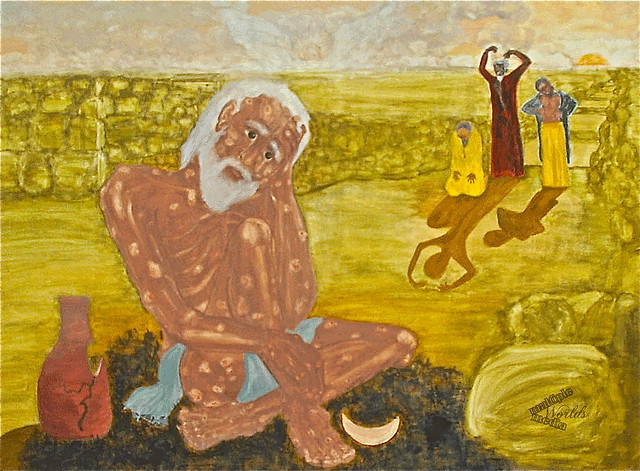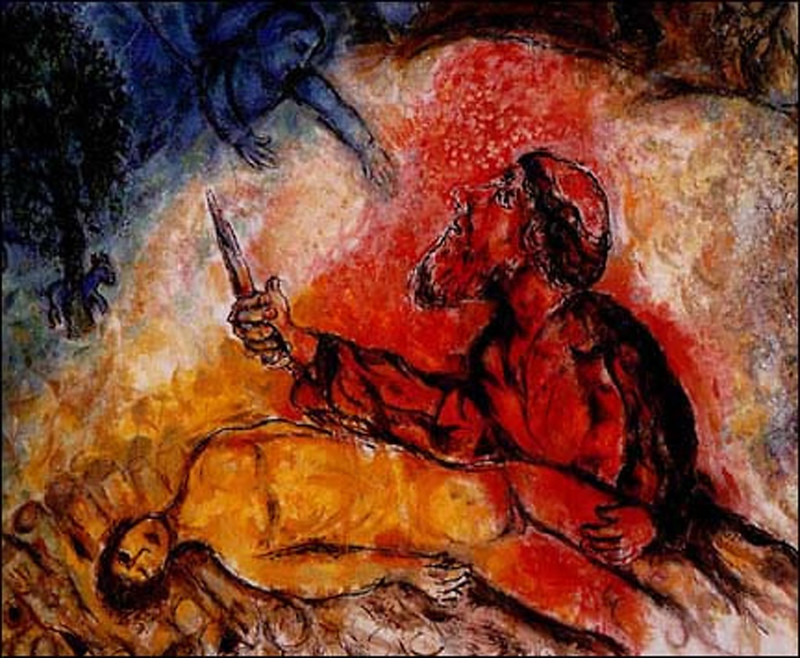Credo

Credo
Brian Zahnd
I hold a high view of Scripture. I accept as authoritative for faith the canon of Holy Scripture. Scripture forms and informs my faith. But why? Why do I believe the Bible?
I know very few Christians who can adequately answer this question. If they are challenged by a skeptic as to exactly why they believe the Bible they find themselves on uncomfortable ground; their hands break out in a sweat as they fumble for a defense. Perhaps they go home, dig out a Josh McDowell book , cram for the “test”, try to memorize a few apologetic facts, and then head back the next day ready to explain why they believe the Bible…based on the arguments they read and tried to memorize the night before.
But the problem with this defense is that it is disingenuous. As true as the apologetic arguments for the veracity of Scripture may be, it is not why they believe the Bible. The truth is, they believed the Bible before they knew a single apologetic argument. I doubt that one in ten thousand Christians believes the Bible because of historical, archeological, textual, literary, philosophical evidence. They believe in the Bible for a completely different reason, though they probably have never consciously understood this reason.
I believe the Bible because I believe in the resurrection of Jesus Christ and because I believe in the Church.
Here’s how it works…
Read more







